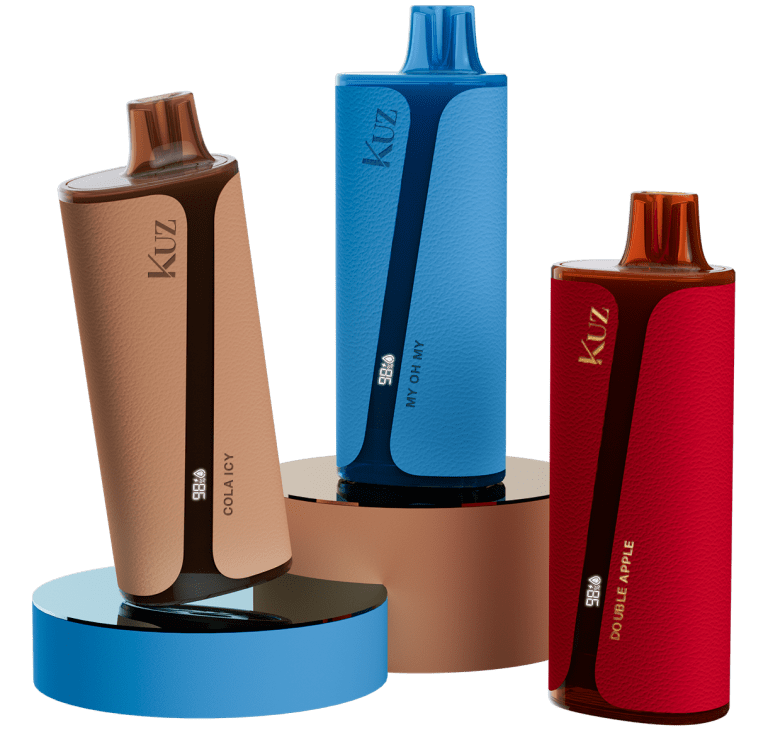In recent years, vaping has gained immense popularity as a perceived safer alternative to traditional smoking. However, as more studies emerge, the long-term effects of vaping on overall health, including its impact on skin aging, are becoming clearer. While vaping may not produce the thousands of harmful chemicals found in cigarette smoke, it is far from harmless, especially when it comes to your skin.
How Vaping Affects Your Skin
One of the key ways vaping accelerates the aging process is through its impact on blood circulation. Nicotine, a primary component in many e-cigarettes, is known to cause vasoconstriction, or the narrowing of blood vessels. This restricts blood flow to the skin, depriving it of essential oxygen and nutrients that are vital for maintaining a healthy, youthful complexion. Reduced blood flow can lead to dull skin, a loss of elasticity, and the early formation of wrinkles, especially around areas like the mouth and eyes where the skin is thinner.
The Role of Chemicals in E-Liquids
Beyond nicotine, many e-liquids contain harmful chemicals such as propylene glycol, vegetable glycerin, and flavorings. While these ingredients are often safe for consumption, their long-term effects when inhaled are still under scrutiny. Chemicals like diacetyl and acetaldehyde—used in flavoring—are known to damage skin cells by triggering oxidative stress, which accelerates cellular aging. Oxidative stress occurs when unstable molecules, known as free radicals, damage cells, including those in the skin. This process not only leads to aging but also increases the risk of inflammation, blemishes, and acne breakouts.
Comparing Vaping and Smoking in Terms of Aging
When comparing the effects of vaping and traditional smoking, it’s important to acknowledge that both can negatively impact the skin, though the severity differs. Cigarette smoke contains thousands of chemicals that contribute to deep wrinkles, sagging skin, and a significantly aged appearance. Vaping, while involving fewer harmful substances, still exposes users to nicotine and toxic chemicals, which can contribute to premature aging. The continuous exposure to these elements over time can cause skin damage that, while less severe than smoking, is still considerable.
Nicotine and Collagen Depletion
One of the most critical aspects of skin aging is the loss of collagen, a protein that maintains skin elasticity and strength. Nicotine directly affects collagen production by reducing the skin’s ability to repair itself. As collagen production decreases, fine lines and wrinkles become more prominent, and the skin starts to lose its youthful firmness. Moreover, hydration levels are also compromised, leading to dryness and sagging skin over time.
Tips to Combat Vaping-Related Aging
If you vape and are concerned about the impact it may have on your skin, there are steps you can take to mitigate some of the damage:
- Hydration: Ensure you are keeping your skin hydrated both internally by drinking water and externally with moisturizing products.
- Antioxidants: Incorporate skincare products rich in antioxidants like vitamin C and E to combat oxidative stress.
- Sun Protection: Protect your skin from additional damage by using sunscreen daily, as UV rays exacerbate aging symptoms.
- Quitting or Reducing Vaping: The most effective way to prevent further damage is to stop vaping. Skin has a remarkable ability to repair itself when harmful chemicals are no longer introduced.
The Bottom Line
While vaping may seem like a healthier alternative to smoking, it still poses significant risks, especially in terms of skin health and aging. The nicotine and chemicals found in e-cigarettes can lead to wrinkles, dullness, and sagging skin, making you appear older than you are. If preserving your youthful appearance is a priority, reducing or eliminating vaping from your lifestyle may be the best choice.



